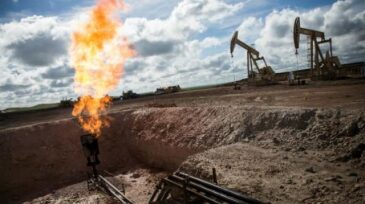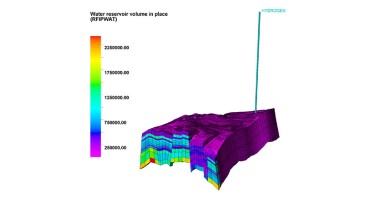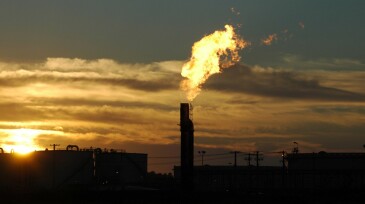Emission management
The newly named MTS brings together the full methane ecosystem, end to end—connecting technology, data, operations, and assurance across upstream, midstream, and beyond.
Monitoring on the ground is helping the industry shift from best estimates to hard data so it can bring the true emissions profile into focus.
This paper details a data-driven methodology applied in Indonesia to enhance flare-emission visibility and enable targeted reduction strategies by integrating real-time process data with engineering models.
-
The revised report provides upstream oil and gas operators with a framework and guidelines to help select and deploy methane emissions detection and quantification technologies.
-
As part of a subnational climate coalition, the state is moving forward with a satellite data project to track methane emissions.
-
The move by the US Congress and the White House is part of a broader effort to overturn the Inflation Reduction Act passed in 2022.
-
A recent survey by consultancy firm Bain & Company found that, despite record clean-energy investments, executives cited financial constraints, shareholder hesitancy, and policy uncertainty as key obstacles to reaching net-zero carbon emissions.
-
The new burner, created with the help of machine learning and additive manufacturing, promises high methane destruction efficiency and combustion stability even in windy conditions.
-
This paper aims to investigate the use of an optimization workflow to maximize both hydrogen storage and the net present value to obtain an optimal reservoir development strategy.
-
A new study finds that, of the roughly 15 million tonnes of methane coming from onshore oil and gas activities in the continental US annually, 70% comes from smaller, dispersed sources emitting less than 100 kg of methane per hour and 30% of emissions are from sites releasing less than 10 kg per hour.
-
This article explores three key themes for the oil and gas sector: the evolution of methane regulation at the state and federal levels, a preliminary forecast of why and how methane regulation will continue, and practical ways the oil and gas sector can prepare for enhanced enforcement scrutiny.
-
Greenhouse gases are woven into every stage of a well’s life, which presents challenges that demand creative solutions that do not require too much capital.
-
The energy world is rapidly changing. The pressure to address climate change, ensure reliable energy supplies, and manage costs is greater than ever.













